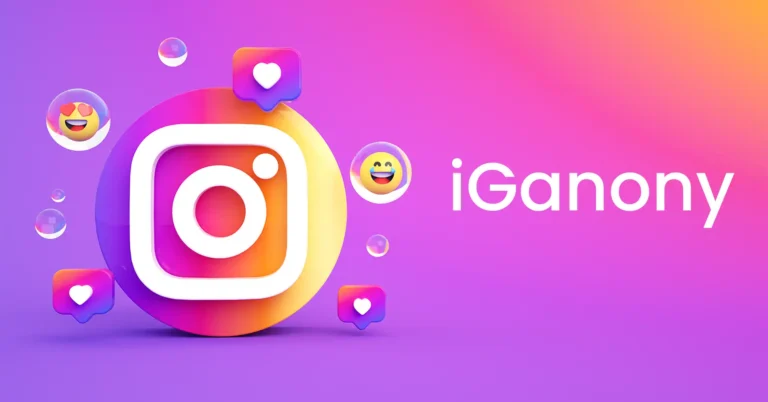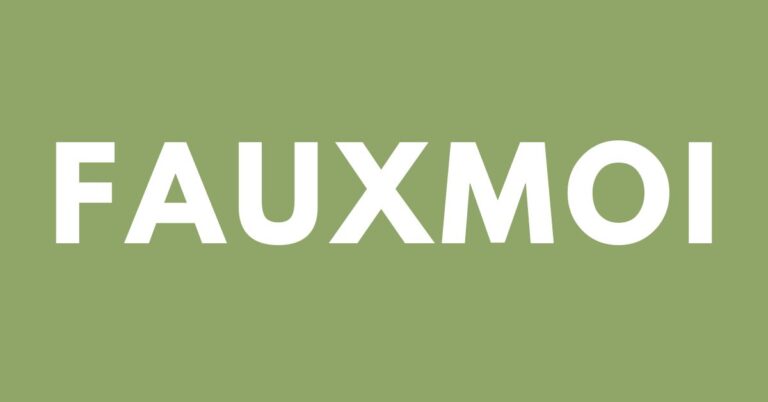Understanding the Drive Social Media Lawsuit

The world of social media marketing is ever-changing, with innovative companies rising to prominence while facing legal challenges that reshape the industry. One of the most talked-about cases is the Drive Social Media lawsuit, which has garnered significant attention within the marketing and legal industries. This article delves into the intricate details surrounding the lawsuit, its implications, and what businesses can learn from it.
What is Drive Social Media?
Drive Social Media is a cutting-edge digital marketing agency specializing in leveraging social platforms like Facebook, Instagram, and TikTok to help businesses grow. Their innovative campaigns and data-driven strategies have made them a prominent name in the marketing world. However, their success has not been without scrutiny.
Overview of the Drive Social Media Lawsuit
The Drive Social Media lawsuit revolves around allegations related to intellectual property, client disputes, and advertising practices. The case has sparked debates about transparency, ethics, and contractual agreements in the competitive marketing industry.
Key Allegations in the Lawsuit
- Intellectual Property Disputes: One of the central issues in the lawsuit involves claims of unauthorized use of creative content. Former clients have accused Drive Social Media of using their content beyond the scope of agreed contracts.
- Misleading Advertising Claims: Plaintiffs in the case allege that Drive Social Media misrepresented the potential outcomes of their campaigns, leading to unmet client expectations.
- Breach of Contract: Several businesses claim that Drive Social Media failed to deliver promised results or adhere to the terms of their agreements.
- Transparency Concerns: Allegations of unclear pricing models and hidden fees have also surfaced, further complicating the case.
Legal Implications for Marketing Agencies
The Drive Social Media lawsuit serves as a cautionary tale for marketing agencies, emphasizing the importance of clear contracts, ethical practices, and transparency. Agencies must ensure that:
- Contracts clearly define deliverables to avoid disputes.
- Performance metrics and goals are realistic and data-backed.
- Intellectual property usage complies with copyright laws.
The Impact on Drive Social Media’s Reputation
The lawsuit has had a mixed impact on Drive Social Media’s reputation. While some view it as a growing pain for a fast-scaling agency, others see it as a warning sign for clients to be cautious. Regardless of the final verdict, the case has already sparked discussions about accountability in the marketing industry.
How Businesses Can Avoid Similar Legal Issues
Businesses engaging with marketing agencies should take proactive steps to avoid disputes:
- Conduct thorough research on the agency’s history and client reviews.
- Request detailed contracts that outline the scope of work, timelines, and measurable objectives.
- Ensure that intellectual property rights are clearly defined and agreed upon by all parties.
Lessons for Marketing Agencies
Marketing agencies can learn valuable lessons from the Drive Social Media lawsuit:
- Prioritize Client Transparency: Clearly communicate costs, potential results, and campaign strategies to clients.
- Invest in Legal Oversight: Regularly review contracts and practices to ensure compliance with the law.
- Focus on Ethical Advertising: Avoid exaggerated claims that could mislead clients.
The Role of Social Media in Modern Marketing
Social media has transformed how businesses engage with customers, making platforms like Facebook and Instagram indispensable. Companies like Drive Social Media excel in harnessing these tools, but the lawsuit highlights the need for responsible practices.
Key Benefits of Social Media Marketing
- Increased Brand Awareness: Social platforms provide unmatched reach, allowing businesses to connect with millions of users.
- Data-Driven Insights: Agencies can analyze campaign performance in real-time, adjusting strategies for optimal results.
- Cost-Effective Campaigns: Social media offers affordable options compared to traditional advertising.
Risks to Consider
- Legal Vulnerabilities: As the Drive Social Media lawsuit demonstrates, marketing practices must adhere to legal and ethical standards.
- Reputation Management: Negative publicity, even if unfounded, can harm both the agency and its clients.
The Future of Social Media Marketing
The Drive Social Media lawsuit is a reminder that the future of digital marketing depends on trust, innovation, and compliance. Agencies must adapt to an evolving legal landscape while maintaining transparency and delivering value to clients.
Conclusion
The Drive Social Media lawsuit highlights crucial lessons for both marketing agencies and businesses. It underscores the importance of transparency, ethical practices, and robust contracts in fostering successful partnerships. As the case unfolds, it will undoubtedly shape the future of social media marketing, encouraging greater accountability within the industry.





